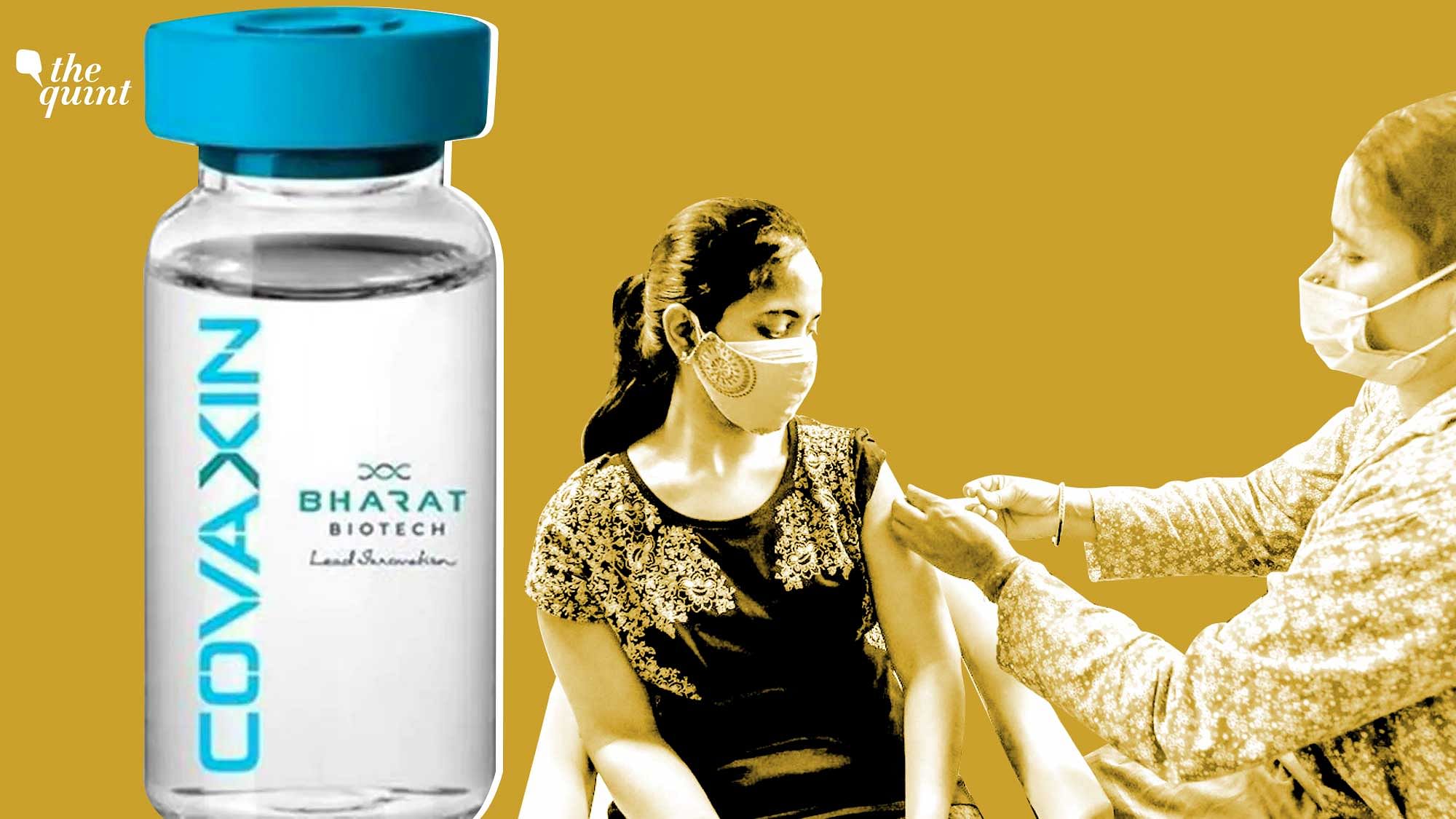RIO DE JANEIRO, BRAZIL – (Opinion) All but one of the so-called BRICS countries – Brazil, Russia, India, China, but not South Africa – are today engaged in a “soft power” exercise that is called “vaccine diplomacy”: sometimes their interests are mutual, sometimes at cross purposes.
China, where the coronavirus causing Covid-19 first arose, has been trying to apologize by becoming the leader in promoting vaccines to prevent the disease. Chinese pharmaceutical giants Sinopharm and Sinovac have rolled out billions of doses of the finished product and of the active pharmaceutical ingredient (API) needed for their manufacture.
Detail: Coronavac, the vaccine most commonly applied in Brazil, is from Sinovac.
Russia was the first Western country to announce a homegrown Covid-19 vaccine – called Sputnik-V to remind the world that the Sputnik satellite was the first to orbit the earth – and began applying it before third-stage clinical trials were completed.
Detail: Russia’s Gamaleya Institute has been marketing Sputnik-V aggressively abroad, notably to Brazil’s neighbors Argentina and Uruguay.
India is home to the Serum Institute, the world’s most prolific producer of vaccines. Serum Institute agreed with AstraZeneca to produce vast quantities of its Covid-19 vaccine, Brazil’s second-most applied, as well as its API, for both domestic use and export, including to Brazil.
Detail: India is also home to Bharat Biotech, the creator of Covaxin, now the focus of a cause célèbre in Brazil.
Brazil’s federal government and the São Paulo state government have been engaging in an ongoing internecine squabble, with the former pushing the federal-owned Fiocruz Institute (for AstraZeneca’s vaccine) and the latter promoting the state-owned Butantan Institute (for Sinovac’s Coronavac).
Detail: a hitherto unknown private company – União Química Farmacêutica – has been trying to become the local manufacturer of Sputnik-V, and wants to export to Argentina and Uruguay.
Turning to politics, everyone and his brother (except Bolsonaro & Sons) know that Brazil missed the boat on vaccines, by disregarding early offers from Pfizer and putting its eggs in the Fiocruz and Butantan baskets.
As the death toll rose steadily around the world, obtaining vaccines from suppliers became increasingly more difficult. Trying to catch up after its late start, searching desperately for suppliers, the Bolsonaro administration should have tried diplomacy within the BRICS alliance.
Instead, Brazil turned its back on both China – as Bolsonaro repeated Trumpish sound bites over the virus’s origin – and on Russia – as government health regulator ANVISA stonewalled the application for Sputnik-V approval.
The last remaining BRIC was India. In March, the Health Ministry sought to move forward delivery dates for the AstraZeneca vaccine and its API. Sadly, by that time, India was also suffering a tsunami wave of Covid-19; its government, unsurprisingly, chose to ban most exports by the Serum Institute, preferring to inoculate its own population.
Enter Bharat Biotech, an Indian manufacturer whose homegrown Covaxin brand was seeking international recognition. Brazil speedily agreed to purchase 20 million doses. India’s government, anxious to promote an eponymous vaccine – “Bharat” is the country’s name in Hindi – speedily agreed to the purchase and the exportation, to begin in April this year.
Conclusion: The Covaxin purchase transaction had every chance of becoming a rare triumph of infra-BRICS solidarity. That it did not do so bears witness to Brazil’s failed vaccine diplomacy.


